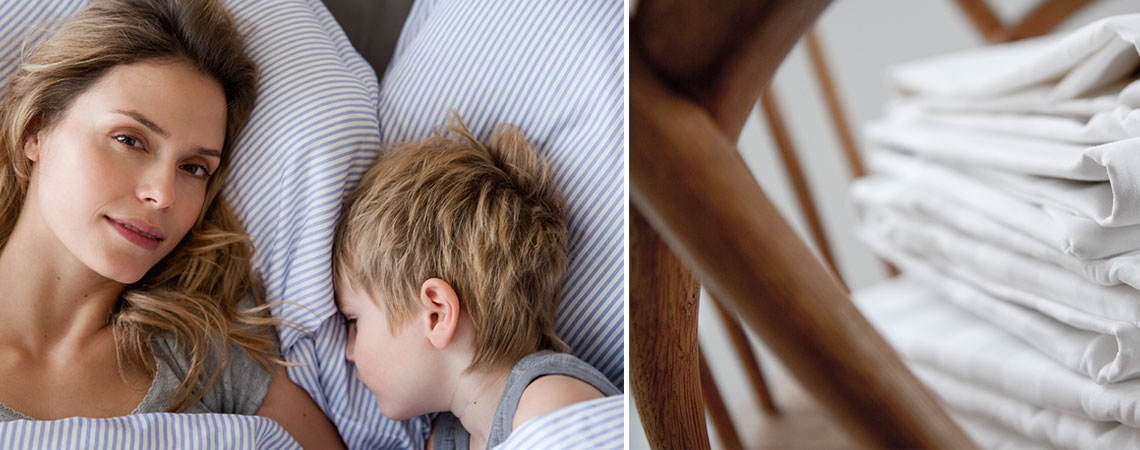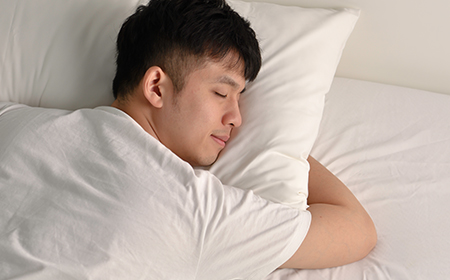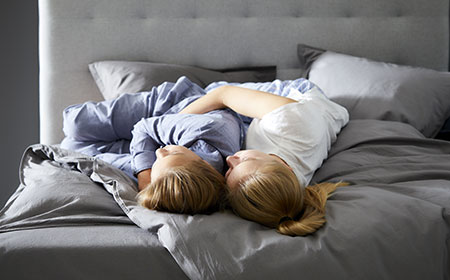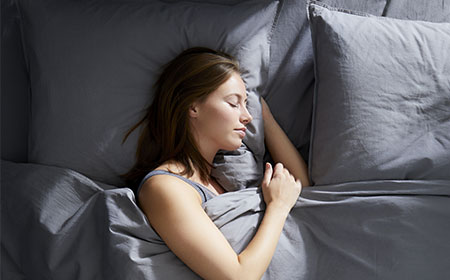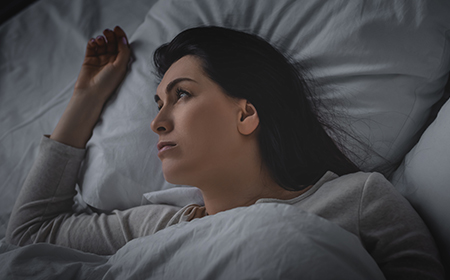Most people probably associate wetting the bed with small children. But the reality is that a lot of people also wet the bed, and the subject is often taboo. Read the following and learn more about the subject and get advice and bedwetting solutions.
About bedwetting
The medical term for nightly bedwetting is nocturnal enuresis, but is often just called enuresis. There are several different causes of bedwetting and there is a difference between bedwetting in children and bedwetting in adults. Enuresis is often not caused by anything serious. However, we do recommend that you contact your doctor if you or your child have problems with enuresis.
Nocturnal enuresis in children
Young children wetting the bed is quite a common occurance, and can generally happen until around the child is seven years old that the term nocturnal enuresis is applicable. The reason why small children often wet their beds is that they have not yet gained full control of their bladder functions at the same time as having quite small bladders. Most adults probably remember having wet the bed as a child.
Primary and secondary bedwetting
There are two types of enuresis in children - primary bedwetting and secondary bedwetting. Primary bedwetting is when the child has not been dry at all at night for a longer period of time. Children develop at different rates, and holding in urine during the night takes being able to control a lot of different aspects. Primary bedwetting is most often due to the child not yet having developed the ability to hold their bladder while asleep.
Secondary bedwetting is when the child has been dry at night for at least 6 months, but they they start to wet the bed again. This type of bedwetting is far less common and there is often a physical psychological reason for bedwetting. If your child suddenly “forgets” how to hold their bladder during the night, you may want to consider consulting a doctor to be on the safe side.
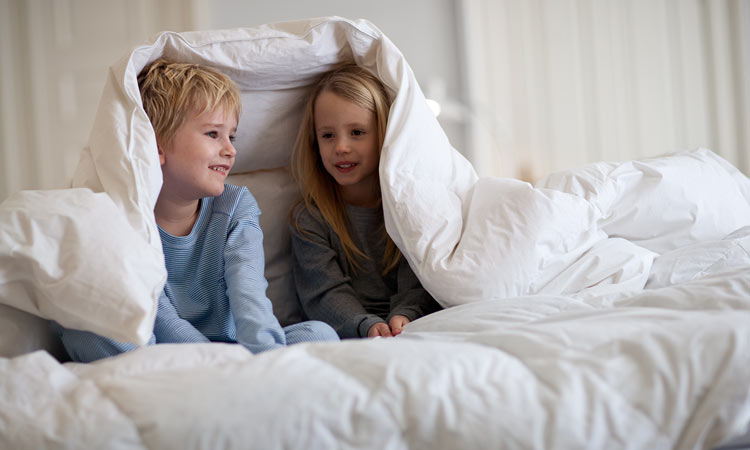
Nocturnal enuresis in adults
Bedwetting in adults is often taboo due to the fact that bedwetting is often considered to be an issue just with children. It is unfortunate as bedwetting is not always something you can control. On the contrary, bedwetting in adults is hereditary, so if you're having problems with bedwetting as an adult, there is a good chance one of your parents had the same problem.
Nocturnal enuresis can also be caused by a small bladder. The actual size of the bladder is not different, but the bladder is not able to hold as much urine as normal. Bedwetting can also be caused by several different diseases. Again – consult your doctor just in case and ask for help regarding bedwetting.
Good advice on how to help the bedwetting child
Common for primary and secondary bedwetting is that the child does not wet the bed on purpose. Most children find it very uncomfortable to have problems with bedwetting.
You can help your child by not problematising the bedwetting and by not talking about it in front of other people. Acknowledge your child's problem without showing irritation or frustration with the problem in front of the child, and probably a key task is to avoid letting your child have a large drink (if any drink at all) an hour before bedtime.
Good nights despite bedwetting
Wetting the bed interrupts the sleep and causes frustrating nights. Luckily there are things you can easily do to get a better night's sleep. A bedwetting sheet can do wonders at night. The sheet has a soft top and a waterproof bottom, so that you avoid the whole bed getting wet. It means that you always have a dry bed to sleep in. Read more about keeping your bed dry here.
Another good tip is to keep an extra duvet and clean duvet cover sets within close proximity of your bed. Make it easy to get back to sleep so that you don't become too awake. And remember, you are not the only one with bedwetting problems.
Sources:
http://www.nafc.org/adult-bedwetting/
https://sleepfoundation.org/sleep-disorders-problems/bedwetting-and-sleep
